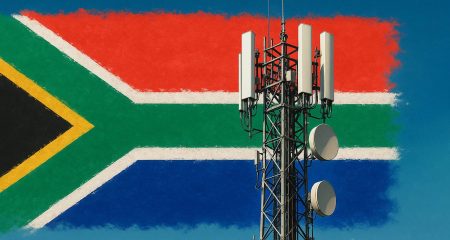
Many countries in sub-Saharan Africa run the real risk of missing an International Telecommunication Union (ITU) deadline of June 2015 to complete migration from analogue to digital terrestrial television. This will come at an opportunity cost of billions of dollars in new economic activity and millions of jobs not being created.
This is the view of Peter Lyons, director of spectrum policy in the Middle East and Africa at the GSM Association, an influential mobile telecommunications industry lobby group whose members include most of the world’s mobile phone operators.
Countries around the world are expected to migrate to digital television by mid-2015, after which the ITU will stop protecting cross-border interference in certain radio frequency spectrum bands. But the delay in reassigning the spectrum that is freed up in the process for mobile broadband is where the real opportunity cost lies, according to Lyons.
“Many countries will face challenges [in completing migration], even those that have set deadlines before 2015,” he says. “You don’t see long-term plans for spectrum management at the policy level in place. Even here in South Africa, we see the department of communications struggling with policy guidelines for [regulator] Icasa.”
He says that in South Africa there is “some confusion” about who should take the lead in managing the process. “We’ve seen delay after delay after delay and this create a high degree of uncertainty among investors and operators. And it’s not just in the telecoms sector. Foreign direct investment into South Africa dropped by 40% year over year. Regulation has to follow the policy direction, but the policy direction is not clear.”
The need for more spectrum is clear, Lyons says, when one considers that over the next three years, the number of mobile broadband connections in sub-Saharan Africa will grow by an average of 46%/year, reaching 160m by the end of 2016 from 35m now.
GSM Association research, released on Tuesday, shows that sub-Saharan Africa is the fastest-growing mobile market in the world, with average annual growth of 44% since 2000. Mobile connections have leapt to 475m, compared to just 12,3m fixed-line connections. The association says that with the necessary spectrum allocations, the mobile industry could help create 14,9m new jobs between 2015 and 2020, 1,5m of them in South Africa.
“Growth has been driven almost in spite of governments and regulators and in spite of spectrum constraints and increasing taxation on the sector,” Lyons says. “It’s being driven by a fundamental pent-up demand for basic communication.” — (c) 2012 NewsCentral Media




